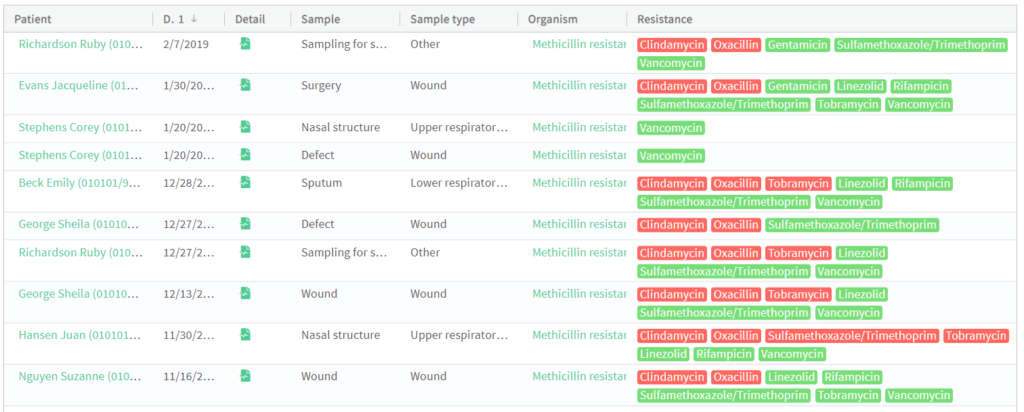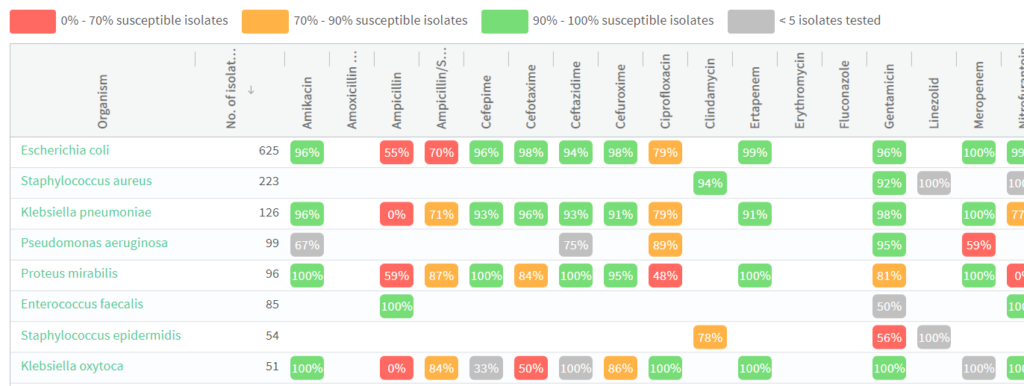10. 3. 2020
HAIDi Tackles Antibiotic Resistance
The cases of antibiotic resistant bacteria continue to grow worldwide. While antibiotic resistance can occur naturally, misuse of antibiotics has accelerated the process. As more and more bacteria become resistant to antibiotic treatment, traditional methods of destroying bacterial infections become less effective and in some cases obsolete.
A Worldwide Health Issue
The threat posed by antibiotic resistant bacteria embodies a universal problem. It impacts people of any age, in any country. In some cases it makes immensely treatable diseases, such a pneumonia and food borne illnesses, difficult to defeat and even life threatening. These super bacteria put lives at risk and increase the cost of healthcare delivery. The World Health Organization states, “Antibiotic resistance leads to longer hospital stays, higher medical costs and increased mortality.”
Stemming the overuse of antibiotics will reduce the increase of antibiotic resistant bacteria, but taking more forceful action will limit the spread and impact of this problem.
Enter HAIDi
An artificial intelligence based clinical surveillance technology, HAIDi identifies healthcare associated infections (“HAIs”). HAIDi provides hospitals with the ability to recognize, confront and combat these infections with greater speed and certainty than traditional methods.
Using advanced data analytics, HAIDi combines the information found in hospitals’ clinical data and patient health records to discover the existence and causes of HAIs. Using this technology, HAIDi helps hospitals defeat antibiotic resistant infections by:
- Attributing resistant pathogens to specific infections.
- Creating statistics for each pathogen.
- Displaying a hospital antibiogram for defined periods.
- Allowing quick and easy comparisons with current antibiotic stewardship programs
“Antibiotic resistance leads to longer hospital stays, higher medical costs and increased mortality.”
World Health Organization
Providing a New Path
Current hospital protocol for identifying HAIs centers on physical observation, review of lab results and creation and distribution of reports. These methods create a lag time between observation and reporting, which allows antibiotic resistant infections to spread. HAIDi eliminates this time gap and provides hospitals the opportunity to address antibiotic resistant infections before they spread.
HAIDi extracts information about pathogens and their antibiotic resistance and stores the information in a structured database usable by hospital staff. Once stored in this fashion, hospitals use the information to effectively assess and manage the situation.

Additionally, HAIDi produces a hospital-wide antibiogram analysis. This analysis serves as the initial step in forming a hospital’s antibiotic policy. Normally a time-consuming project which many hospitals do not attempt, this step allows hospitals to understand the scope of the problem in regard to antibiotic resistant infections.

Revolutionizing Healthcare
HAIDi changes outcomes. Its technology transforms how hospitals identify, treat and prevent HAIs. HAIDi saves lives while reducing costs and the workload of healthcare professionals. It provides timely, accurate data that will slow the spread and occurrence of HAIs, particularly those resistant to antibiotic treatment.



